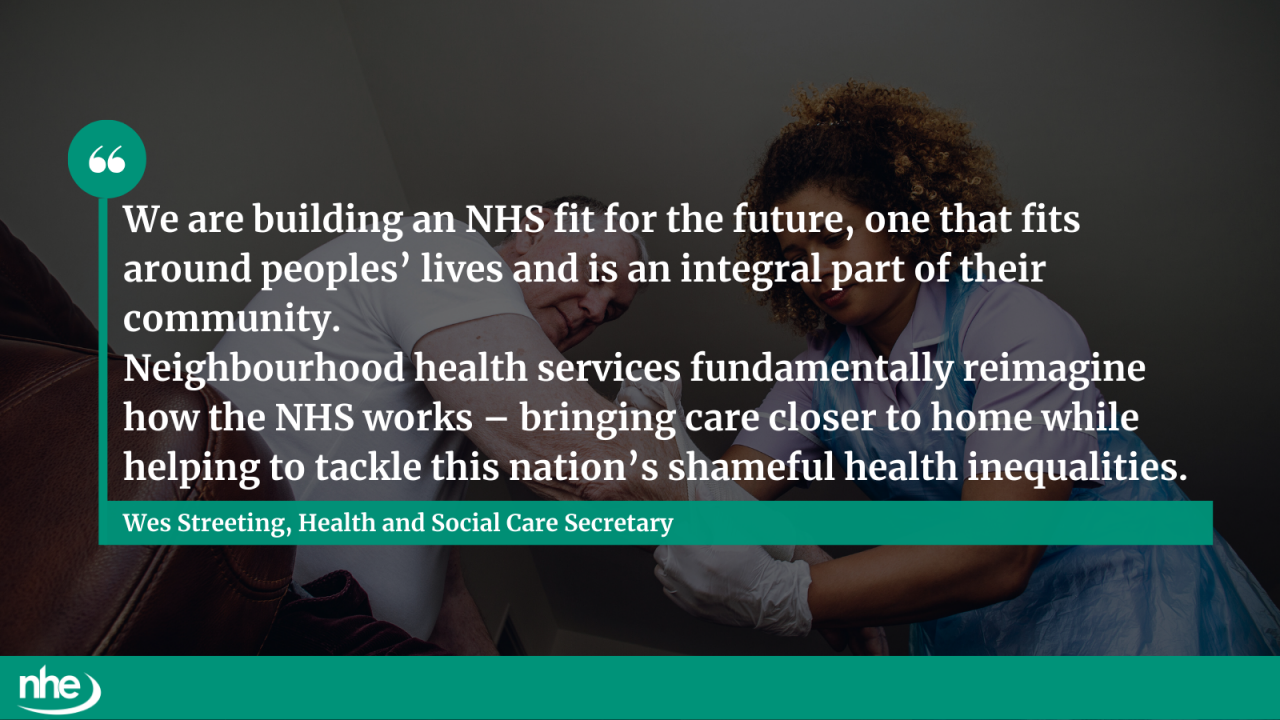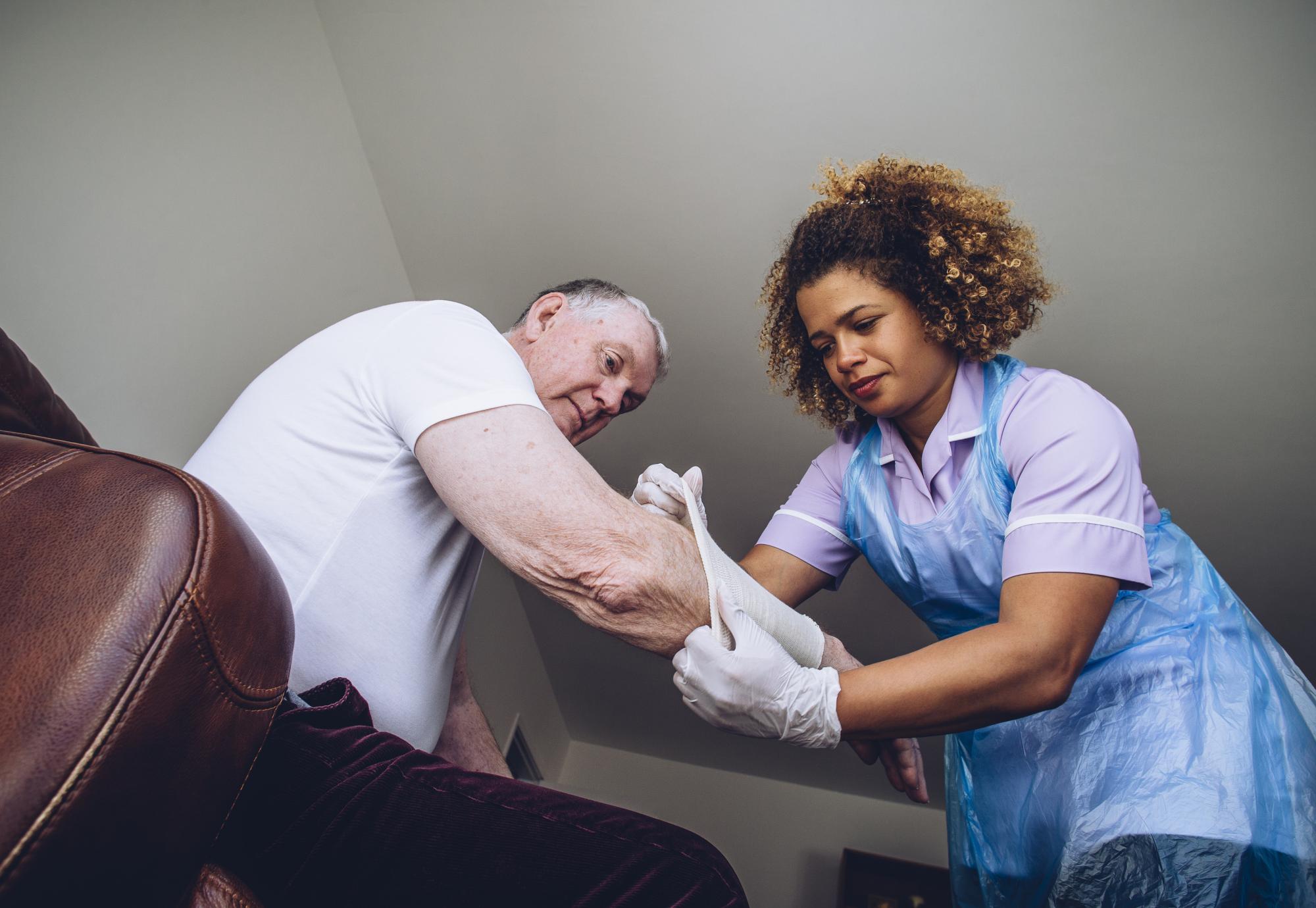Millions of people across 43 communities in England are set to benefit from new neighbourhood health services, as the government begins rolling out a pioneering programme to bring joined-up care closer to home.
Each area will be assigned a programme lead to coordinate local services and establish neighbourhood health teams, built around General Practice and supported by a wide range of professionals including:
- Community nurses
- Hospital doctors
- Social care workers
- Pharmacists and dentists
- Optometrists and paramedics
- Social prescribers
- Local government and voluntary sector partners
These teams will deliver end-to-end, personalised care, helping patients avoid unnecessary hospital visits, prevent complications, and navigate the system more easily.
Initially, the programme will focus on supporting people with long-term conditions such as diabetes, arthritis, angina, high blood pressure, MS, and epilepsy - particularly in areas with high deprivation. As the initiative grows, it will expand to support other priority groups.
Wes Streeting, Secretary of State for Health and Social Care, commented:
“We are building an NHS fit for the future, one that fits around peoples’ lives and is an integral part of their community.
“Neighbourhood health services fundamentally reimagine how the NHS works – bringing care closer to home while helping to tackle this nation’s shameful health inequalities.
“Through our Plan for Change, we will stop people from being bounced around a broken system as we get the health service back on its feet.”

Backed by £10 million, the wave-one rollout begins on 9 September 2025, covering areas from Cornwall and the Isles of Scilly to Sunderland, ensuring nationwide reach.
GPs will play a central role, supported by new voluntary contracts from 2026. These will allow practices to operate as either:
- Single-neighbourhood providers serving around 50,000 people
- Multi-neighbourhood providers serving around 250,000 people
The initiative aims to redesign and integrate existing services, including diagnostics, mental health, outpatient care, rehabilitation, nursing, and social care - making them more accessible and responsive to local needs.
Image credit: iStock



















